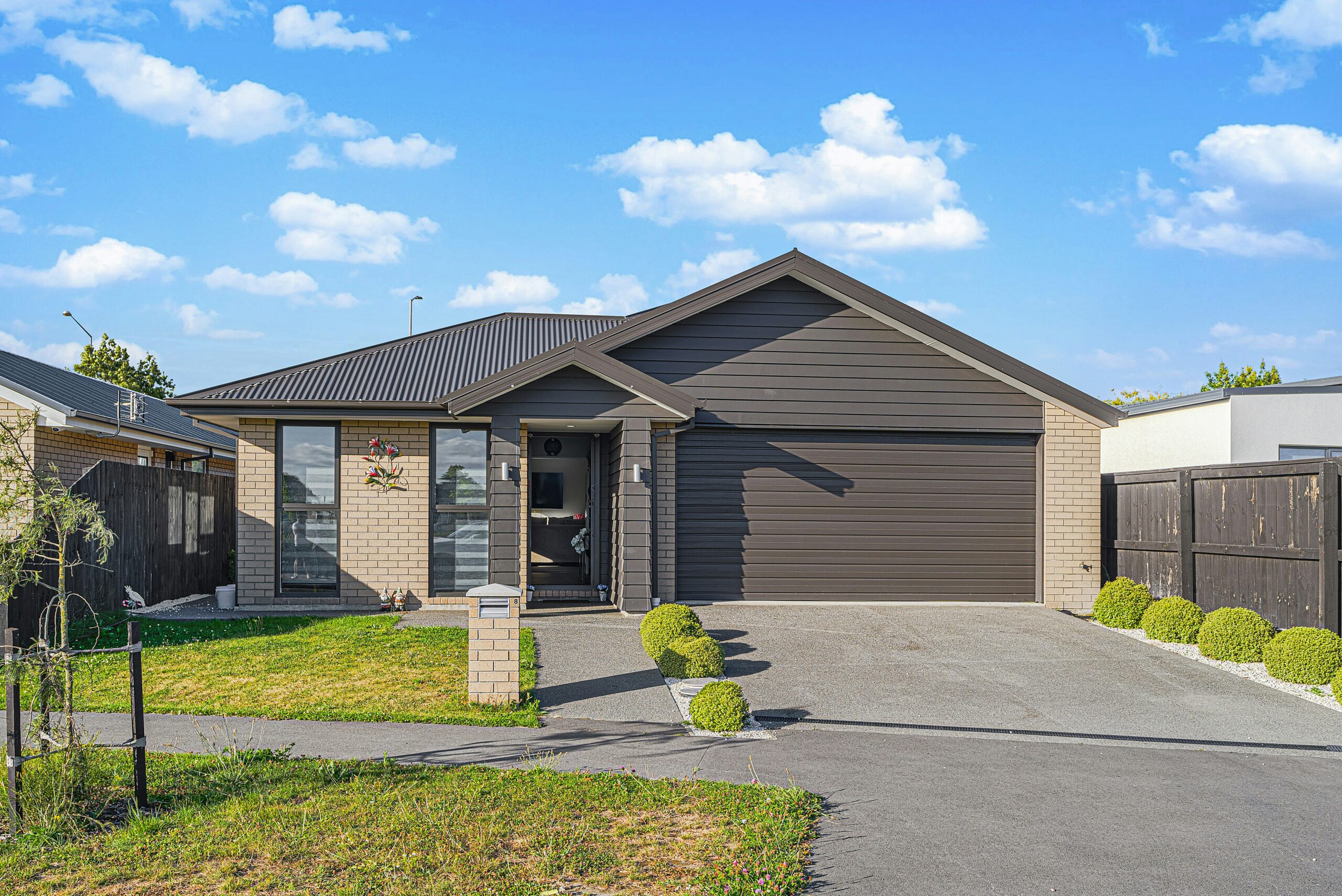
In recent years, custom homes in rural Colorado have transformed the lifestyle and landscape of many small towns and farming communities. Unlike standard houses, custom-built homes offer unique designs tailored to individual needs. Homeowners now have the freedom to create spaces that reflect their personalities and fit their environment perfectly.
As demand grows, more families and retirees seek custom homes away from urban hustle. These homes provide comfort and a chance to connect with nature. Rural Colorado offers scenic views, fresh air, and peace, which many traditional neighborhoods lack. Custom home construction allows residents to maximize these benefits while enjoying modern amenities.
The shift towards custom homes sparks economic growth in these areas. Local builders, craftsmen, and suppliers find new opportunities to thrive. Additionally, property values increase as unique homes replace older, generic buildings. This transformation enhances the community’s overall appeal and encourages more people to settle in rural Colorado.
Economic Impact of Custom Home Construction on Rural Areas
Custom homes bring significant economic benefits to rural Colorado. First, the construction process creates jobs. Skilled laborers, architects, and contractors gain steady work, which helps reduce unemployment. Furthermore, local businesses supplying building materials and services see increased sales. This boost in the local economy supports small-town growth.
Second, custom homes often have higher resale values. Buyers willing to pay premiums for unique features drive up property prices, increasing community tax revenues. These additional funds can improve public services like schools, roads, and healthcare facilities. Thus, custom homes contribute to long-term regional development.
Moreover, custom homes attract new residents with higher incomes. Professionals and retirees moving into rural Colorado often bring their families and investments. This influx diversifies the population and supports local entrepreneurship. Many new homeowners participate in community activities and regional governance, fostering a stronger social fabric.
Enhancing Quality of Life Through Personalized Home Designs
One major advantage of custom homes in rural Colorado is improved quality of life. These houses allow owners to customize floor plans, materials, and technology. For example, families can add energy-efficient features such as solar panels and advanced insulation. These upgrades reduce utility bills and lessen environmental impact.
In addition, custom homes accommodate lifestyle needs. Outdoor enthusiasts can include large garages for gear or expansive decks for entertaining. Aging residents benefit from single-level designs with accessible features. These thoughtful elements increase comfort and usability, making daily living easier and more enjoyable.
Another benefit lies in the connection to nature. Custom homes often incorporate large windows, open spaces, and natural materials. This design approach enhances the feeling of living within the landscape rather than apart from it. Residents report higher satisfaction and less stress in homes that blend with their surroundings.
Impact on Rural Infrastructure and Community Services
As custom homes reshape rural Colorado, infrastructure and services must adapt. New housing developments require improved roads, water systems, and utilities. Communities often invest in upgrading these facilities to meet growing demands, which benefits both new and existing residents.
Additionally, the increased population can lead to expanded community services. Schools may receive more funding, allowing for better programs and staff. Health clinics and emergency responders gain resources to serve a larger area. While change can bring challenges, many rural regions welcome these upgrades as signs of progress.
Local governments also promote sustainable development policies. They encourage builders to use eco-friendly materials and minimize environmental disruption. Smart growth strategies ensure that rural charm remains intact despite new construction. This balance protects the natural beauty that attracts homebuyers in the first place.
Challenges and Solutions in Building Custom Homes in Rural Colorado
Despite many benefits, constructing custom homes in rural Colorado presents challenges. The remote locations often mean limited access to materials and skilled labor. Transportation costs rise, which can increase project budgets. Builders face stricter zoning and environmental regulations to protect wildlife and open space.
Weather conditions pose another difficulty. Harsh winters and short building seasons require careful planning and durable construction techniques. Homeowners and contractors must work closely to ensure projects finish on time and within budget.
Fortunately, innovative solutions address these challenges. Many builders partner with local suppliers and craftsmen to reduce delays. Prefabricated components and modular designs speed up assembly. Moreover, advanced construction methods improve energy efficiency and weather resistance.
Education and communication also play key roles. Builders educate clients about realistic timelines and costs. They advocate for community support to streamline permit processes. Through collaboration, rural Colorado communities successfully embrace custom home development without sacrificing their identity.
Custom Homes as a Catalyst for Sustainable Rural Development
Custom homes contribute to sustainable rural development in Colorado. Homeowners increasingly demand green building practices, such as solar energy systems, rainwater harvesting, and environmentally safe materials. Custom designs make it easier to incorporate such features than in traditional homes.
Sustainability efforts reduce environmental footprints and preserve rural landscapes. They also lower energy expenses, which appeal to cost-conscious buyers. These benefits support a growing trend of eco-friendly living in rural areas.
Furthermore, custom homes encourage responsible land use. Builders and planners prioritize maintaining open spaces and wildlife habitats. Instead of sprawling subdivisions, developments often cluster homes while preserving nature corridors.
In this way, custom home building balances growth and conservation. Rural Colorado gains economically and socially while protecting the environment for future generations.
The Future of Custom Housing in Rural Colorado
The demand for custom homes in rural Colorado will likely continue rising. More people seek homes that offer personalization, comfort, and a connection to nature. Advances in technology and sustainable building will further enhance these homes’ appeal.
Communities will keep adapting infrastructure and services to accommodate growth. Partnerships among builders, residents, and local officials will remain essential. Together, they can ensure development respects rural character and promotes long-term prosperity.
In summary, custom homes have already significantly changed life in rural Colorado. They drive economic growth, improve quality of life, and support sustainability. As this trend evolves, it promises to impact these vibrant communities even more positively.